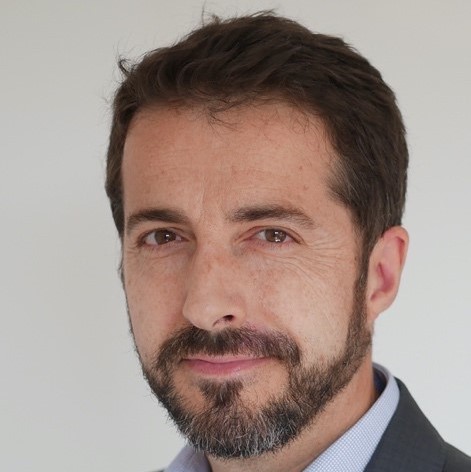Arnaud Dubois received his Ph.D. in physics from Paris-Saclay university in 1997. Since 2006, he has been a professor of optics at Institut d'Optique in Palaiseau, France. His teaching activities encompass most aspects of optics at the master’s level. His research interests lie in the field of biomedical imaging. As a pioneer in optical coherence microscopy in the early 2000s, A. Dubois has since been a major contributor to the development of this technology. He has published 175 research articles and 12 book chapters and has participated in approximately 250 conferences. He has 5 patents to his credit. In 2014, he co-founded DAMAE Medical, a startup company engaged in the development of an innovative optical coherence microscopy technique for high-resolution skin imaging.
Skin imaging and characterization using line-field confocal optical coherence tomography (LC-OCT)
Line-field confocal optical coherence tomography (LC-OCT) is an optical imaging technique based on a combination of the principles of optical coherence tomography (OCT) and reflectance confocal microscopy (RCM), with line-field illumination with broadband light and detection with a line-camera. LC-OCT can provide high-resolution (~1 μm) images of biological tissues non-invasively and in vivo. The value of the technique has been demonstrated particularly in dermatology and in cosmetology, thanks to its ability to generate cell-resolved images of the skin. This talk presents the LC-OCT technique and its application in dermatology and in cosmetology. The principle behind the technique is described, form its first developments in laboratory to the latest advances industrialized and commercialized by DAMAE medical. The technology has been miniaturized to fit within an ergonomic handheld probe, allowing for the easy access of any skin area on the body. A video camera was incorporated into a handheld probe to acquire dermoscopic images in parallel with LC-OCT images. A confocal Raman spectrometer was associated with a LC-OCT device to record morphological images of the skin in which points of interest can be subjected to molecular characterization. Dedicated algorithms based on artificial intelligence have been developed to automate the segmentation of various skin structures and for the computation of quantification metrics.

Optics Institute, University Paris-Saclay
Address: 2 avenue Augustin Fresnel, 91127 Palaiseau cedex, France
